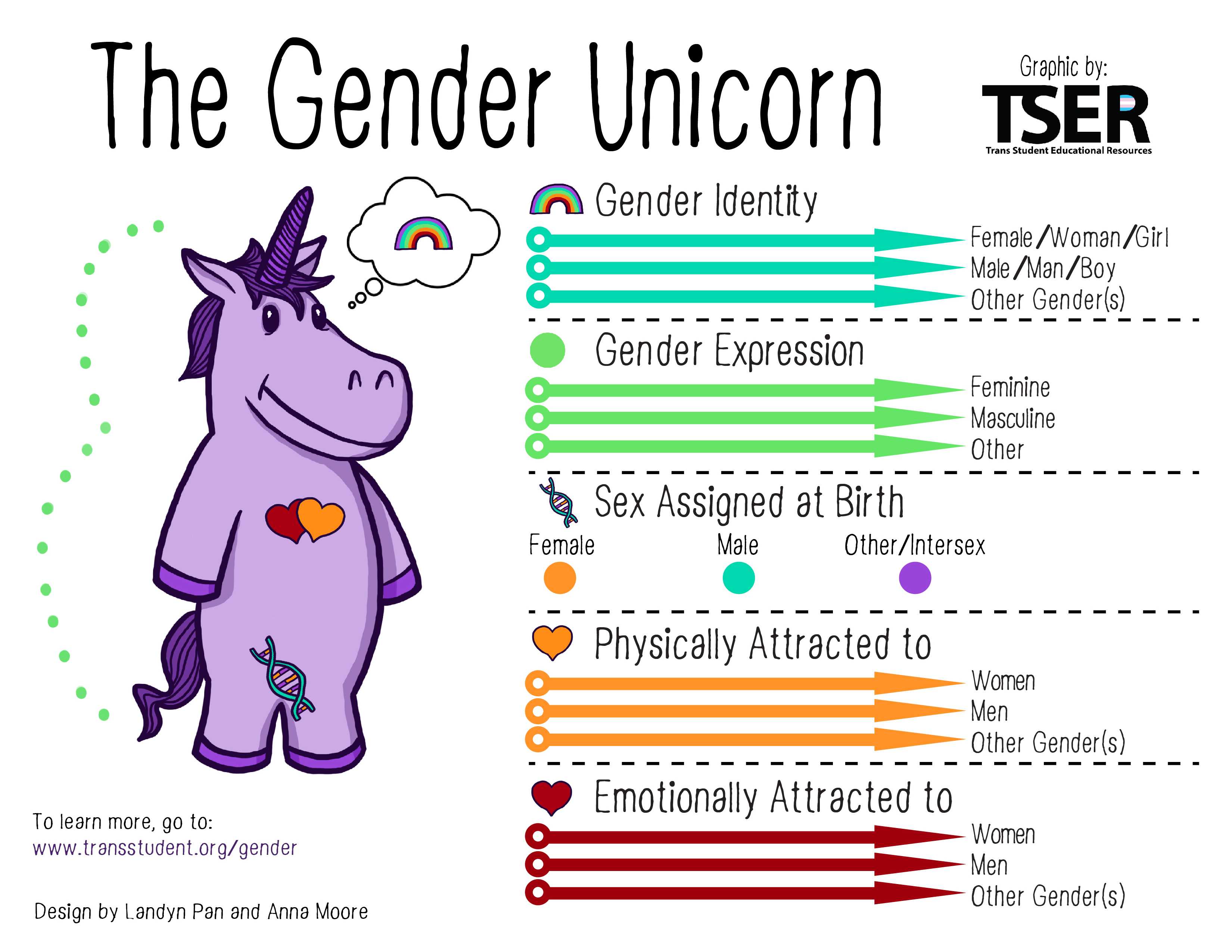MGN Director, FHN Students Present on GSA Progress in Missouri
Published: April 14, 2016
In an effort to raise awareness of how members of the LGBT community are treated in society, the Gay-Straight Alliance (GSA) hosted a presentation during third and fourth hour on March 31 in the auditorium. The presentation included not only students from FHN with experiences in the community, but also guest speakers who represent efforts to create reform in the world over how LGBT community members are recognized.
“We wanted to do this assembly to kind of bring awareness to some of the issues that affect our community, and in some cases our school environment,” FHN GSA president Madi Bowen said.
Morgan Keenan, Founding Director of the Missouri GSA Network, was invited to join in on the presentation. His personal mission, along with that of the MGN, is to spread awareness to high school-aged students about the effects of transphobia and homophobia in schools.
Keenan started off the presentation, attended by over 200 students between both hours, by addressing the differences between gender identity and expression. He told his audience to imagine a line with multiple points in between the ends, he compared this to the different places along a spectrum that people may identify as. While the vast majority of society thinks of gender as “male” and “female,” Keenan suggests that “transgender” and “gender-nonconforming” may also be added to the list of sexes to chose from.
“Really it is how you see yourself,” Keenan said. “This is a conversation starter. There’s a lot of students in your school, in your district even, who are experiencing a whole variety of things when it comes to gender, how to express that gender, how they identify with that gender and how they navigate the system that we have set up as a school. Sometimes it might be really hard and sometimes it might be really easy.”

According to Keenan, gender expression is the idea of how an individual presents themselves. While a female may carry her limbs closer to herself while in public and use more words to interact with others in day-to-day life, a male will tend to openly use his limbs to convey messages and not speak as much.
“While clothes are the basic approach to gender expression, it can come from any characteristic, really,” Keenan said. “From the way you walk into a room to the way you talk, these can be used to show which gender you express yourself as.”
At the beginning of the 2015-16 school year, senior Andrew Stoker underwent an experience that clarified to him which gender he identifies with and how he expresses himself. For a month, he lived as “Andrea,” a female version of himself. Though he did not go into depth about his experience as Andrea, Stoker did take the time to acknowledge his basic feelings and why is he chose to identify as a male again.
“Through living as Andrea, I quickly realized I was male,” Stoker said. “I was extremely uncomfortable, and I’m now happy with how I present myself.”
Stoker went on to talk about how many people aren’t comfortable as themselves. He referred back to an article he read in his psychology class where researchers report that social media users try to put on a facade. That’s how he felt in real life, so he felt a need to clarify with himself who he was.
“The reason I’m sharing this with you is I want you guys to know that it’s okay to not know yourself right now,” Stoker said during the presentation. “At the end of the day when you do know yourself, know yourself and love it. Because at the end of the day that’s all that you have.”
Laws throughout the country are just now starting to encompass those in the LGBT community. Title IX was recently expanded by the federal government to include transgender students, along with those who are gender-nonconforming.
Recent History of LGBT Legislation in Missouri
Missouri isn’t showing any sign of pro-LGBT legislation, though. Just a couple weeks ago, a religious exemption bill passed through the state’s senate and is expected to be heard in the house within the next three weeks. The bill would allow business owners to refuse services to those who are in the community based on their religious beliefs.
“I would say we’re doing some regressing right now rather than progressing when it comes to LGBT stuff,” Keenan said. “We’re getting some good stuff to happen nationally, but Missouri-wise, no we’re not having a whole lot of luck.”




![FHN Boys Varsity Volleyball Team Goes Against Troy [Photo Gallery]](https://FHNtoday.com/wp-content/uploads/2024/03/IMG_7545-300x200.jpg)
![FHN Students Watch the Solar Eclipse [Photo Gallery]](https://FHNtoday.com/wp-content/uploads/2024/04/4.8.24-solar-eclipse_-300x200.jpg)
![FHN JV Boys Volleyball Beats Troy [Photo Gallery]](https://FHNtoday.com/wp-content/uploads/2024/03/IMG_7408-300x200.jpg)
![Girls Varsity Soccer Takes a Loss to the Timberland Wolves [Photo Gallery]](https://FHNtoday.com/wp-content/uploads/2024/04/IMG_0237-300x200.jpg)